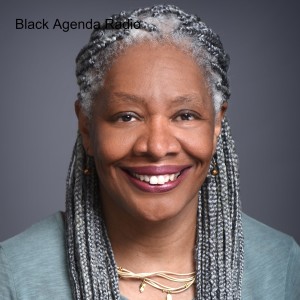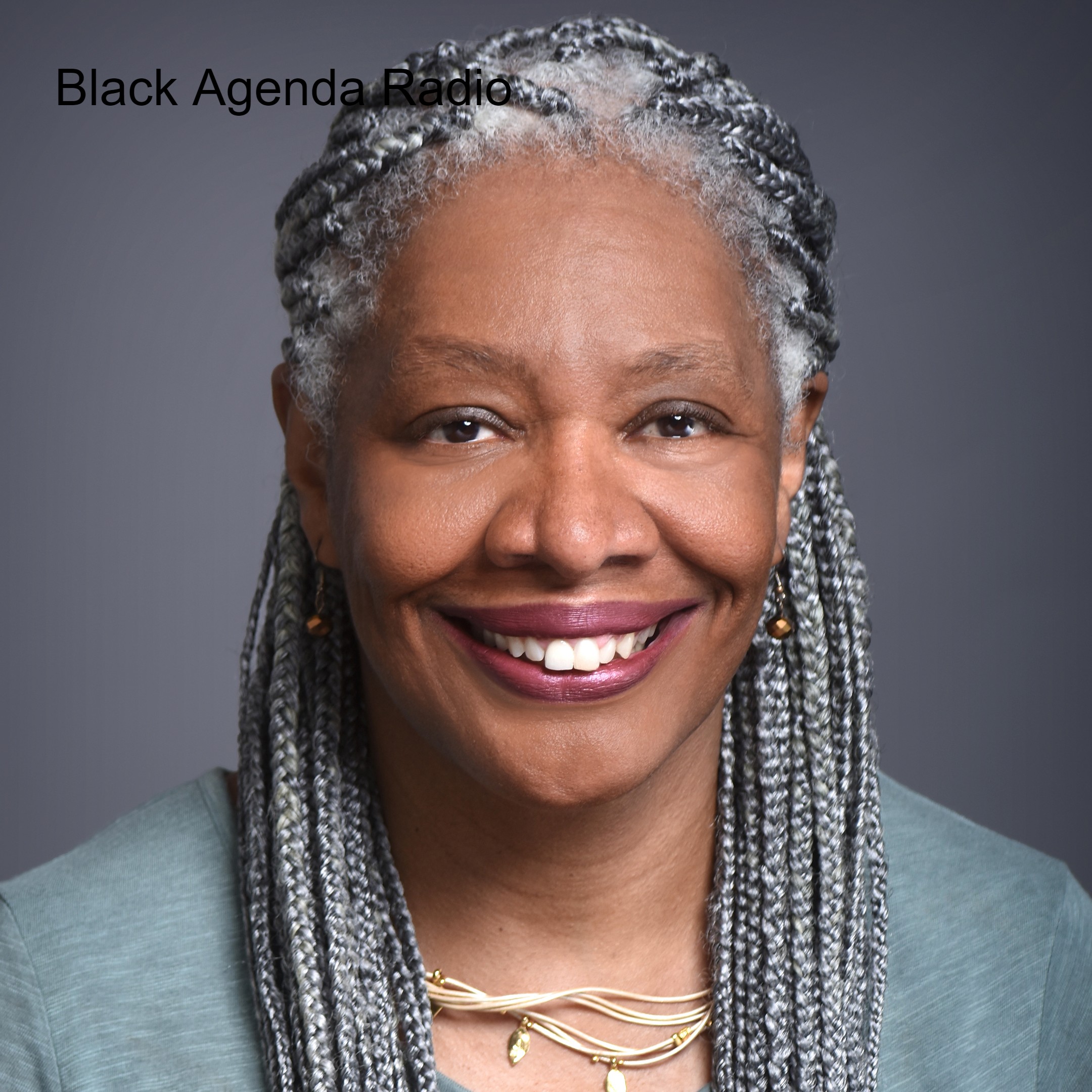Episodes

Monday Mar 09, 2020
Black Agenda Radio - 03.09.20
Monday Mar 09, 2020
Monday Mar 09, 2020
Welcome to the radio magazine that brings you news, commentary and analysis from a Black Left perspective. I’m Glen Ford, along with my co-host Nellie Bailey. Coming up: The last of the Move 9 political prisoners is coming to New York City to celebrate his release from the prison gulag. And, two Black scholars talk about the books they have their students read – and whether the students appreciate or understand them.
Police violence against Black people in Britain looks very much like it does in the United States. Adam Elliott-Cooper is a Phd candidate in the Department of Geography at Kings College, in London. Elliott-Cooper’s doctoral paper draws upon years of interviews he conducted with leaders of Black organizations opposed to police violence. He concluded that women are the heart and soul of the movement.
Delbert Africa, the last of the surviving Move 9 defendants to be released from prison in the 1978 death of a Philadelphia policeman, is coming to New York City to celebrate the end of his 42 year-long ordeal. Among those who will be welcoming Delbert Africa and his Move political Family, is Gwen DeBrow, of the Campaign to Bring another political prisoner, Mumia Abu Jamal, home.
Books I Teach is a regular feature of Black Agenda Report organized by BAR Book Forum Editor Roberto Sirvent. Boh-KAY Sah-EEsee is a Phd candidate at the University of California at San Diego. She exposes her students to a full range of books on subjects from Black feminist thought to political economy. We asked Sah-EE-see if her students arrive in her class with a comprehensive understanding of chattel slavery in the United States.
Another contributor to BAR’s “Books I Teach” feature, is Tee-AH-na Reid. She’s a PhD candidate in English and Comparative Literature at Columbia University where Reid conducts research in Black studies, Marxism, and feminism. Reid says she finds it useful to expose students to books about the appearance of the so-called “New Negro” in the 1930s.


No comments yet. Be the first to say something!